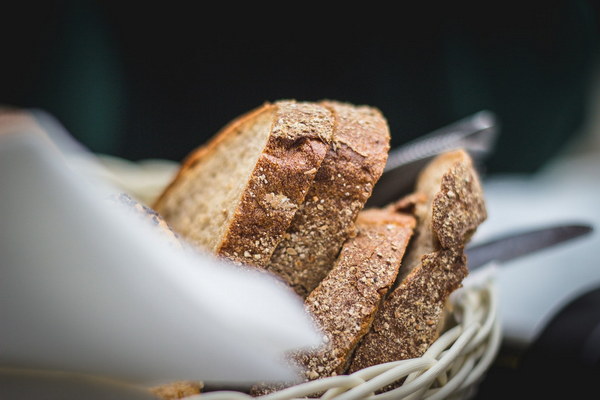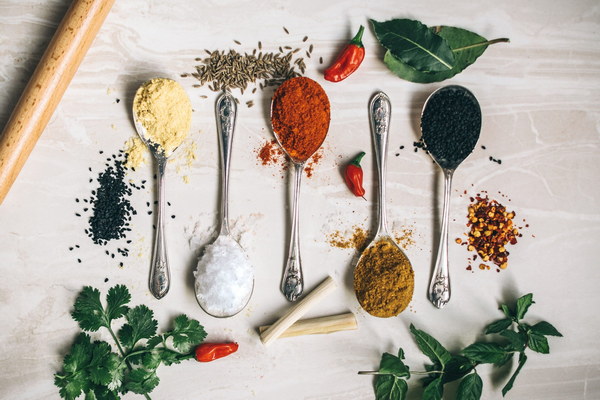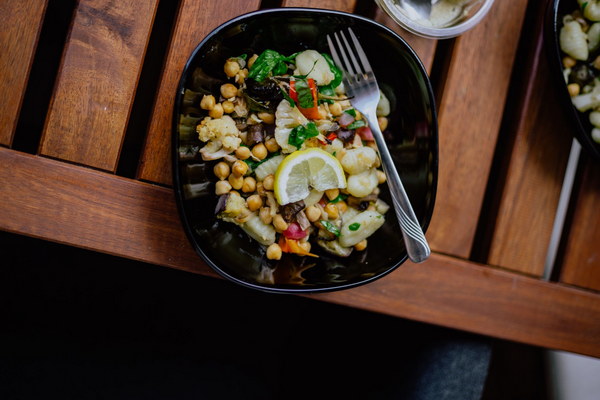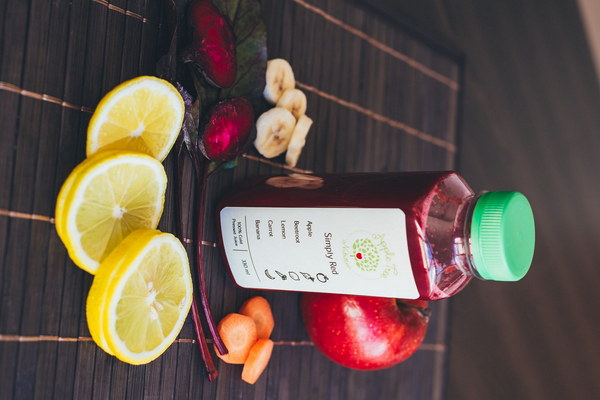Nourishing the Womb The Benefits of Traditional Chinese Herbal Remedies for Pregnant Women
Introduction:
Pregnancy is a time of significant physical and emotional changes, and it is essential for expectant mothers to maintain a balanced diet and incorporate natural remedies that support their health and the development of their baby. Traditional Chinese herbal remedies have been used for centuries to promote fertility, alleviate pregnancy-related discomforts, and enhance overall well-being. This article explores the benefits of incorporating these herbal remedies into a pregnant woman's diet, with a focus on safety and efficacy.

1. The Science Behind Traditional Chinese Herbal Remedies:
Traditional Chinese medicine (TCM) is based on the belief that the body is a harmonious system of interconnected elements. By balancing the body's yin and yang, TCM aims to promote health and prevent illness. Herbs used in TCM are carefully selected for their properties and are often combined to create customized formulas that address specific conditions.
1.1 Safety and Efficacy:
It is crucial to note that while many traditional Chinese herbal remedies are safe for pregnant women, it is essential to consult with a qualified TCM practitioner before beginning any treatment. A practitioner will assess the individual's constitution, pregnancy stage, and any existing health conditions to determine the most appropriate herbal formula.
1.2 Common Herbs Used in Pregnancy:
- Angelica sinensis (Dang Gui): Known for its blood-building properties, this herb is often used to alleviate fatigue, improve circulation, and support uterine health.
- Codonopsis pilosula (Dang Shen): This herb is believed to boost the immune system, increase energy levels, and improve overall well-being.
- Rehmannia glutinosa (Shu Di Huang): This herb is used to nourish the blood, support kidney function, and promote a healthy pregnancy.
- Pueraria lobata (Ge Gen): This herb is known for its anti-inflammatory and analgesic properties, making it useful for alleviating labor pain and reducing swelling.
- Atractylodes macrocephala (Cang Zhu): This herb is used to improve digestion, alleviate morning sickness, and reduce bloating.
2. Benefits of Incorporating Traditional Chinese Herbal Remedies into a Pregnant Woman's Diet:
2.1 Enhancing Fertility:
Traditional Chinese herbal remedies can help improve fertility by balancing hormones, enhancing ovulation, and improving sperm quality. Herbs such as Epimedium sagittatum (Xian Mao) and Cuscuta chinensis (SHE XUE MAI) are commonly used in fertility treatments.
2.2 Alleviating Pregnancy-Related Discomforts:
Many pregnant women experience discomforts such as morning sickness, constipation, and leg cramps. Traditional Chinese herbal remedies can help alleviate these symptoms, improving the overall quality of life during pregnancy.
2.3 Supporting Uterine Health:
Herbs such as Angelica sinensis (Dang Gui) and Rehmannia glutinosa (Shu Di Huang) can support uterine health by improving blood flow and reducing the risk of miscarriage.
2.4 Promoting a Healthy Birth:
Traditional Chinese herbal remedies such as Pueraria lobata (Ge Gen) can help alleviate labor pain and reduce the risk of cesarean section.
3. Conclusion:
Incorporating traditional Chinese herbal remedies into a pregnant woman's diet can provide numerous benefits, from enhancing fertility to promoting a healthy birth. However, it is essential to consult with a qualified TCM practitioner before beginning any treatment to ensure safety and efficacy. By working with a knowledgeable professional, expectant mothers can safely embrace the wisdom of traditional medicine and support their pregnancy journey.









